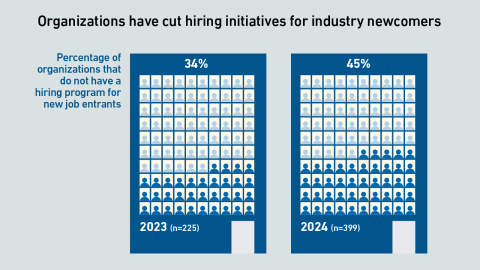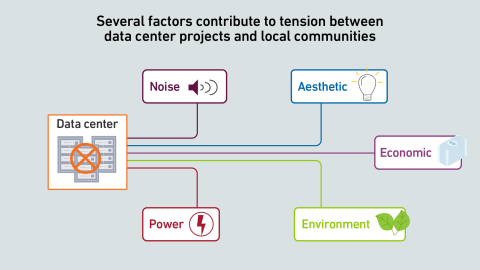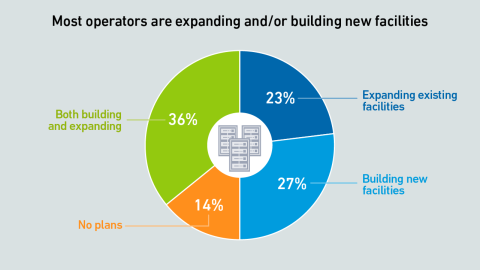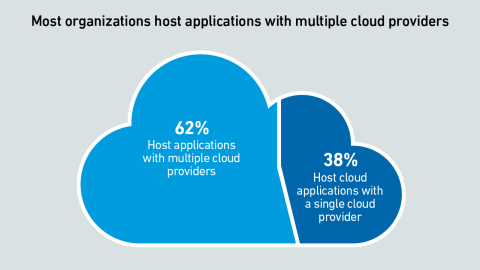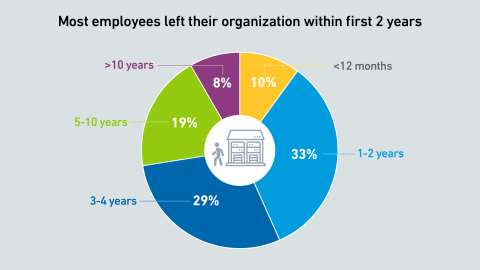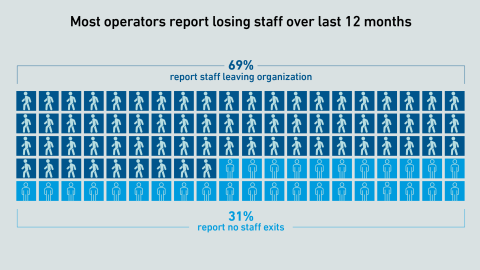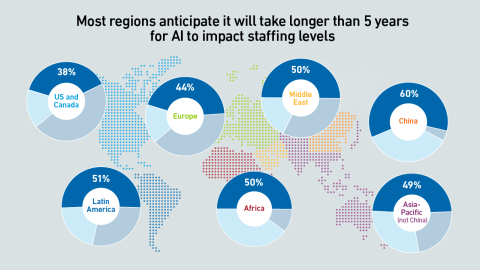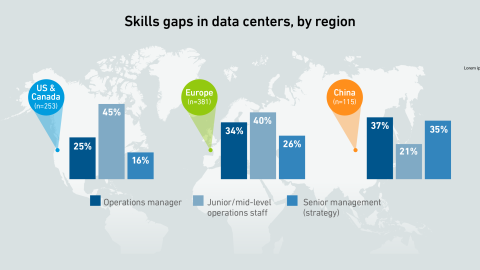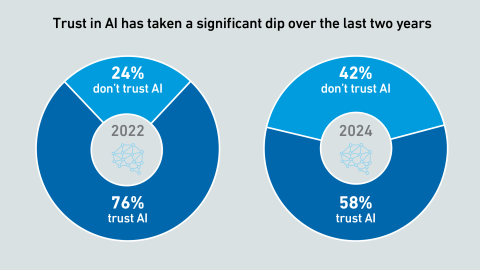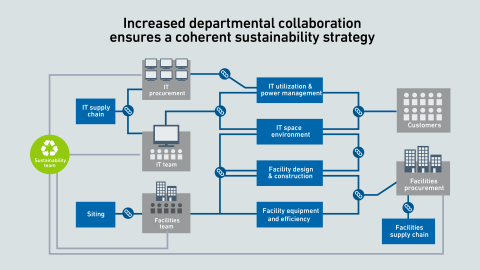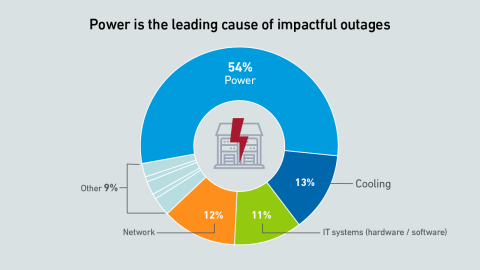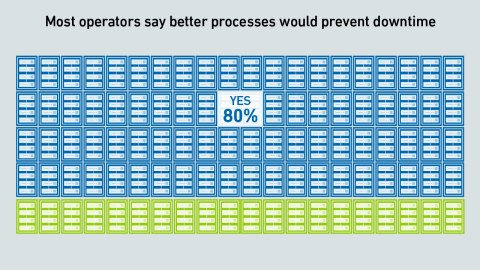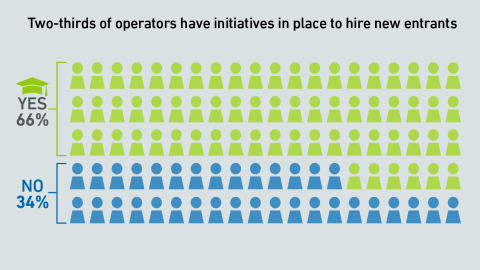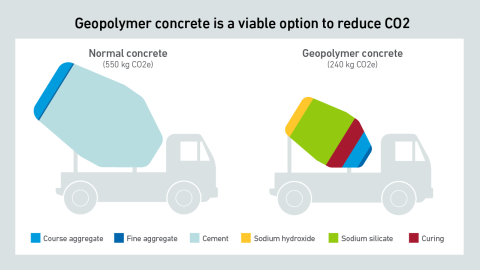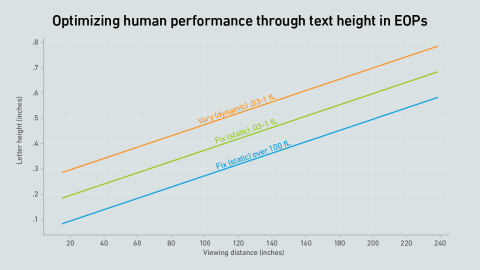Data shows that cuts to workforce initiatives and mentorships had little effect on the proportion of new hires in 2024. Owners and operators can consider reassessing and restructuring these programs.

Rose Weinschenk
Rose is a Research Associate at Uptime Institute covering staffing and education in data centers. Her background includes psychology research, with a focus on ethics.
RWeinschenk@uptimeinstitute.com
Latest Research
Understanding the principles of human behavior and how they relate to community engagement and siting strategies can reduce potential conflict between data centers and local residents
This report highlights some of the findings from the Uptime Institute Capacity Trends and Cloud Survey 2024. Findings offer insight into what is driving capacity expansion.
This report highlights some of the findings from the Uptime Institute Capacity Trends and Cloud Survey 2024. In particular, this report offers an insight into what drives migration to and from the public cloud.
New augmented reality and virtual reality technologies can provide effective training capabilities for data center staff but are not yet a complete substitute for in-person training.
Staff shortages and recruitment challenges remain the key workforce challenges facing data center owners and operators in 2024. This report highlights some of the findings from the Uptime Institute Staffing and Recruitment Survey 2024.
Many speculate that AI and automation might replace humans in data center jobs but there is little evidence to support this line of thought. The data center industry has characteristics that researchers believe may protect against worker displacement
Examining staffing trends in China's data centers could provide insights into how US and European data center teams can expand their talent pipeline and address workforce shortages caused by an aging population.
Trust in AI as a tool for data center operations has declined sharply in the past three years. It is possible to control for the factors that drive mistrust - and see better outcomes when employees interact with AI-based systems.
Data center teams and their suppliers need to build a coherent, achievable sustainability strategy to address emerging regulations. Managers should clarify roles and set cross-functional metrics to achieve sustainability goals.
The 14th edition of the Uptime Institute Global Data Center Survey highlights the experiences and strategies of data center owners and operators in the areas of resiliency, sustainability, efficiency, staffing, cloud and AI.
Many data center operators are unaware that digitizing process documentation can impact staff performance. Understanding human psychology enables team leaders to create more effective digital versions of procedural documents.
Investing in recruitment initiatives and exploring underutilized talent pools could help data centers overcome current recruitment difficulties in sourcing appropriate candidates.
Concrete and steel account for up to 50% of the building shell product carbon footprint (PCF). Material substitutions or alternative energy sources can reduce the two materials' PCF by up to 30%, but zero-emission products are years away.
While EOPs are intended to help staff address events that can lead to downtime, many are difficult to follow in an emergency. Applying cognitive psychology concepts during their creation can improve comprehension and reduce human error.
